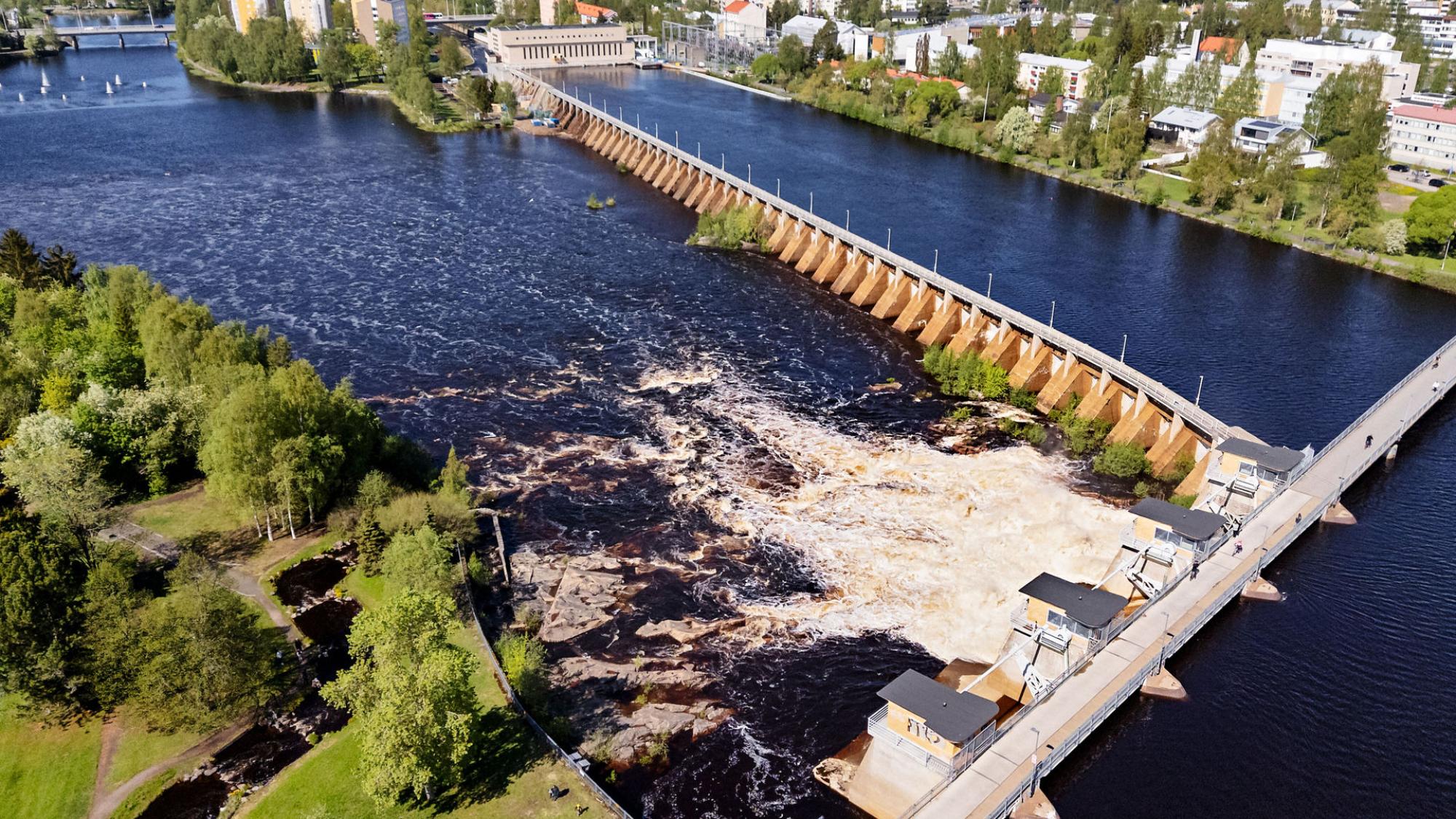Funding for water security, biobased products, and 3D vision systems

The first project studies moss-microbe symbiosis to safeguard clean water of Finland. Clean water is a crucially important natural resource in Finland. However, the aquatic ecosystems are threatened by climate change and increasing land use. The amount of nutrients and metals increase in catchments, slowing down the organic matter decomposition and disrupting the aquatic biodiversity.
There is an urgent need for sustainable and cost-effective water treatment solutions in the cold conditions of the Arctic.
The project is led by Professor Anna-Maria Pirttilä.
The second project focuses on enzyme networks for catalytic production of biobased products. It aims at the utilisation of enzymes that convert biomass-based fatty acids into partially oxidised, functionalised fatty acids. These functionalised compounds, in turn, find uses in the modification of other bio-based material streams, in particular cellulose and other carbohydrate polymers.
Enzymes that process fatty acids are abundant in nature, but their large-scale utilisation has been hampered by the fact that these enzymes require modifying the fatty acids with a chemically attached tag, a coenzyme.
The research is led by Professor Rikkert Wierenga. The project is coordinated by the University of Jyväskylä.
The third project looks for a proof-of-concept for next-generation 3D vision systems. This project aims to improve the technology behind self-driving vehicles and virtual reality experiences by developing better ways for machines to understand and navigate the world around them without relying on GPS. The researchers will create advanced tools that help machines see and move through their environment accurately and in real-time, even in challenging conditions like crowded city streets or remote areas even without satellite signals.
The research is led by Professor Juho Kannala. The project is coordinated by Tampere University.
The Research Council of Finland (RCF) granted a total of 9.7 million euros to 27 projects (altogether 41 subprojects) in the 2025 Proof of Concept call. The application success rate was 26 per cent. The projects start on 1 January 2026 and run for two years.
The RCF Proof of Concept scheme supports research projects in taking their ideas towards commercialisation and generating other societal impact. The funding encourages researchers to, for example, test their research results in practical settings or develop new approaches to address the needs of industry, public administration or the third sector. The RCF monitors the impact of the research projects.